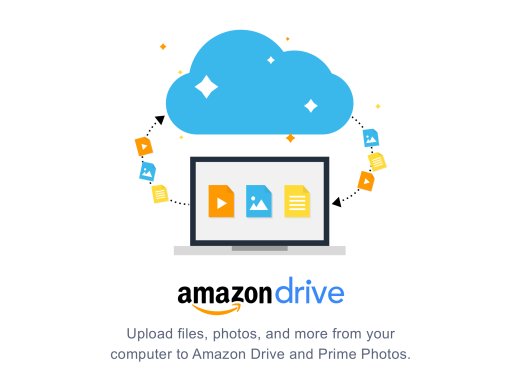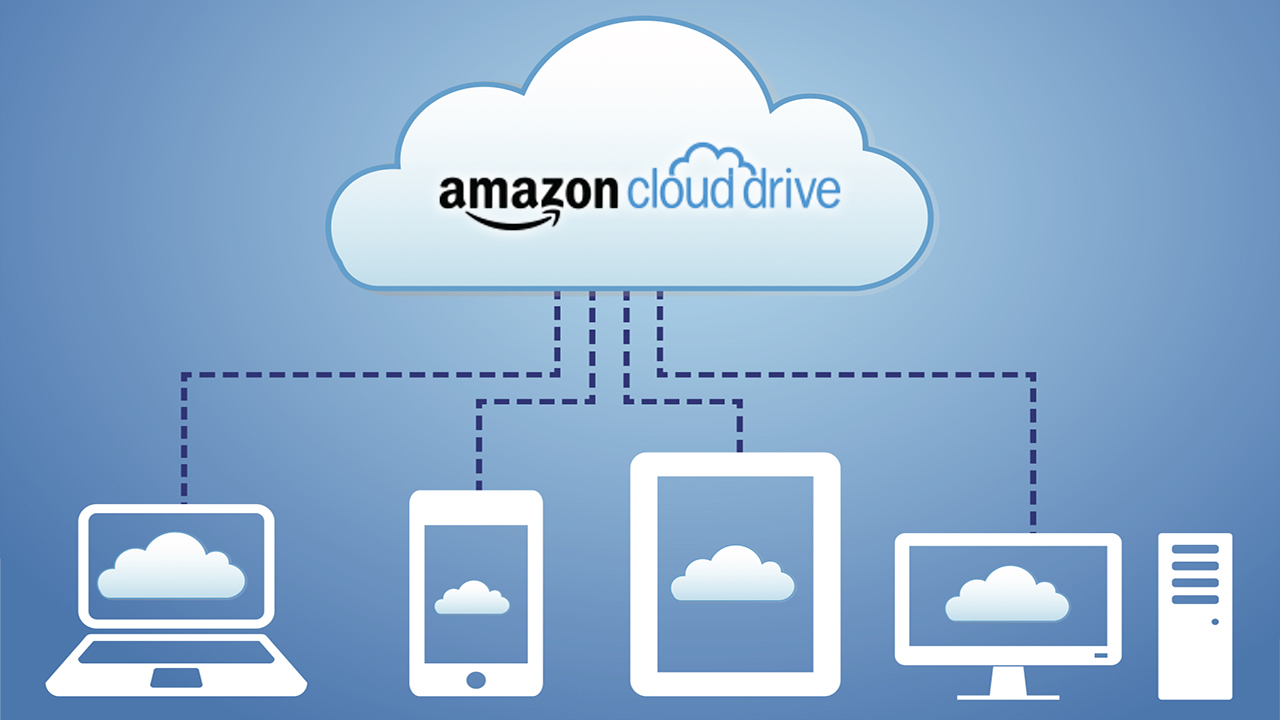
As of June 8, 2017, it was announced that when when users try to sign up for Amazon Drive they will not be able to select an unlimited cloud storage option. Instead they can choose either 100 GB for $11.99 per year, or 1 TB for $59.99, with up to 30 TB available for an additional $59.99 per TB. (The prior pricing was unlimited everything for $59.99.) My data came up to about 5TB, which according to their new pricing structure would cost me $300+ (Data is always growing!!).
That is quite costly for just 5TB of storage when I can buy two 8TB drives and have it locally in a RAID configuration or a mirrored set. I shopped around with other popular cloud providers but each and every one of them have some sort of limitations. I decided to purchase two 8TB drives and maintain it locally.Â
I found very little help on Google when searching for ways to move out of Amazon Drive with ease. I found a lot of cool little utilities but none were able to do a clean and consistent sync copy/move. It most cases the application would either hang, or incomplete the job.
I tried a lot of tools to get a synced local copy but the process seemed harder and harder. I tried a lot of freeware and shareware utilities as well as those offered by Amazon. I am just listing my personal experiences here so that I can save time for those whole have a similar situation.
Tools I tried:
Amazon Drive Desktop Sync
- Â Horrible transfer speeds +
- Buggy Software
- Startup & Resuming files would delay download significantly.
SymLink (MacOS/ Linux)
- Somewhat works but metadata is lost.
NetDrive
- Mounts the Amazon Cloud Drive and a Network Drive
- Constant disconnects + too many app updates
- Application hangs with large files
- Service needed to be restarted multiple times to connect with Amazon
Cloudberry Explorer
- Quirks around Admin Mode.
- Ghostfiles (0kb) leftover.
- Acts like an FTP Client but missing a lot features
rClone (Banned)
AllwaySync
- The Oneway transfer feature is nice but it was taking a long time between files
- This might have worked if my filebase was a whole lot smaller but failed for larger jobs.
Expandrive
- Similar to NetDrive but a whole lot stable, but would fail on larger files.
Odrive
- Horrible interface. Didn’t work most of time.
& a few more applications…. that didn’t work out!
Syncovery
Syncovery was the winner in my case. This tools was the best in speed and got me an exact copy out from Amazon Cloud drive. It supports resuming! It is available on all platforms. It has a nice layout and can run as a scheduled job!
It took Syncovery literally 2 days to get all of my data downloaded. I was simply amazed at how efficient this tool was working. It maintained a consistent speed. Didn’t lose any metadeta. I ran a file check and all of them checked out 100%.
The trial version worked in my case and I am considering getting the Pro version. It excelled where all other failed. It wasn’t a resource hog and did the job in the first go! Thank you Syncovery!
Couple of lessons learned in getting success with all my data downloaded.
- Metadata is important especially when dealing with older files. Try not of lose it, as once it is lost there is no going back.
- Don’t copy to the same path as the original. Use an external drive and copy it there.
- If dealing with a lot of smaller files break them into chunks or batches to avoid application hang
- Apart from Syncovery, there were some utilities that might delete the files from Amazon and put them in Trash. Make sure you look there if you notice files missing file. It is most certainly there. I personally didn’t have this issue but some people have reported this with other utilities.
- Share your experiences to help out others.
Conclusion
I am in no way promoting a product from Syncovery, but based on my personal experience I found it to be the easiest to move the amount of data I had from Amazon down to my local server. I am going to sway away from the public cloud space for a while at-least for my personal stuff. Based on the pricing, limitation of file size and types, and amount of data I have, I am still searching for good cloud store. I am evaluating ownCloud for now. If I ever goto a public cloud storage solution again, I am going to try my exit exercise/ strategy prior to bulk upload.
Another strategy people are recommending is hosting all the files in a VM on AWS/ Google/ Azure. My issue there is access cost. If my access is within the VM I am good, but any data I am pulling or accessing out of the VM – I am paying for it!

